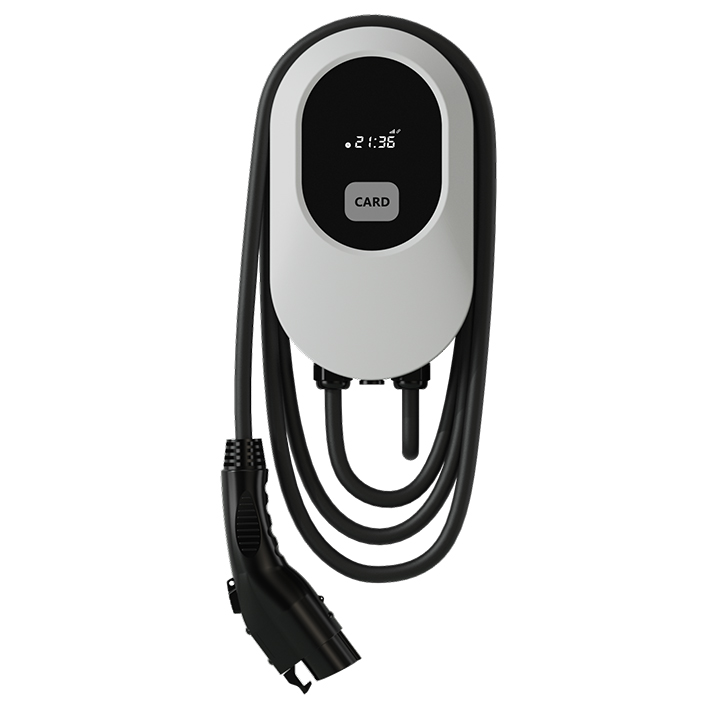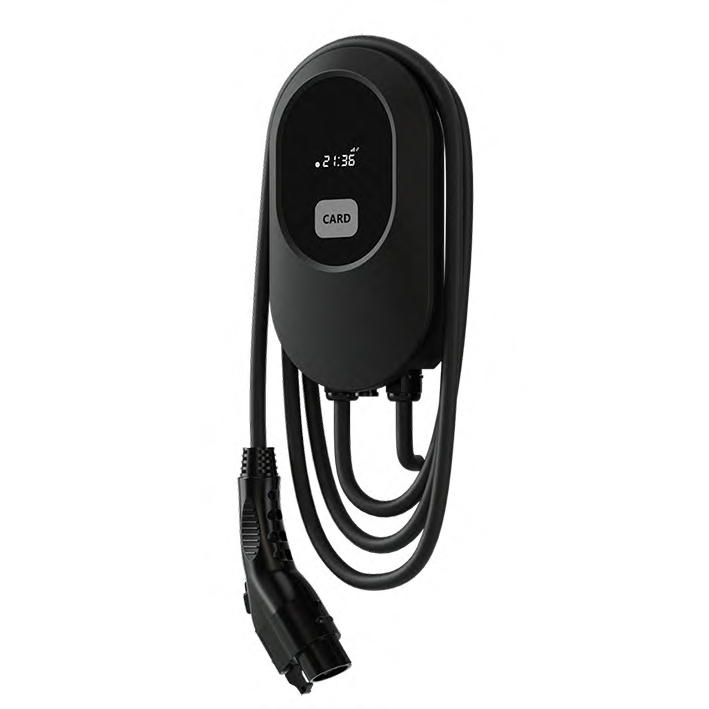If you feel like electric vehicle ads have been dominating the scene, you’re not alone. In the Super Bowl alone, we saw productions like General Motors' star-studded "Why not an EV?", Ram’s electric pickup truck reveal and Jeep’s "Electric Boogie."
These commercials mirror a growing national trend as the Inflation Reduction Act incentivizes the purchasing and manufacturing of electric vehicles. As of Jan. 1, many Americans qualify for a tax credit of up to $7,500 for buying an electric vehicle. level 2 car charger

Are you looking to go electric? Here’s what to know about the charging process.
Charging speed depends on battery size, electric vehicle type and how close the battery is to empty.
First, it’s important to familiarize yourself with the types of electric vehicles:
BEVs and PHEVs are the two types of electric vehicles that can be charged from an external source either in your home, workplace or a public charging station.
Purchasing an electric car?:This 2023 tax credit could help
Electric vehicle surge is coming:Key things to know before you make the leap
There are three charging speeds for electric vehicles:
DCFC can charge an electric vehicle battery up to 80% in 20 minutes to an hour. DCFC chargers slow as the battery gets closer to full to prevent damage, so it’s recommended that drivers continue their trip once the battery hits 80%.
Level 1 equipment can fully charge BEVs from empty in about 40-50 hours, and PHEVs in about 5-6 hours.

Ev Charging Cost It takes about 4-10 hours for BEVs to fully charge from empty with Level 2 equipment, and 1-2 hours for PHEVs.